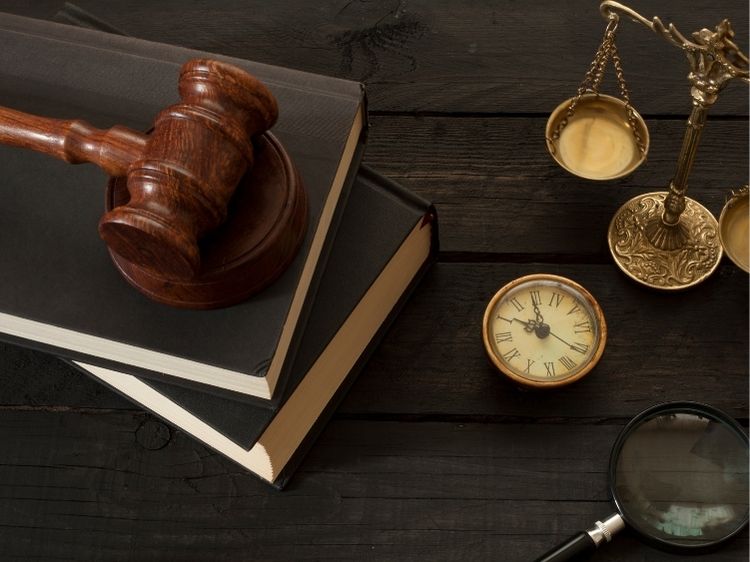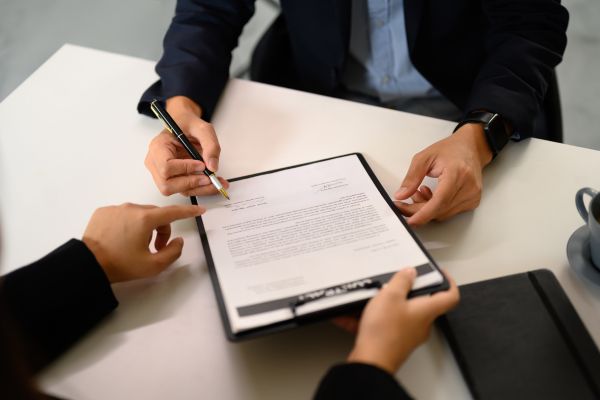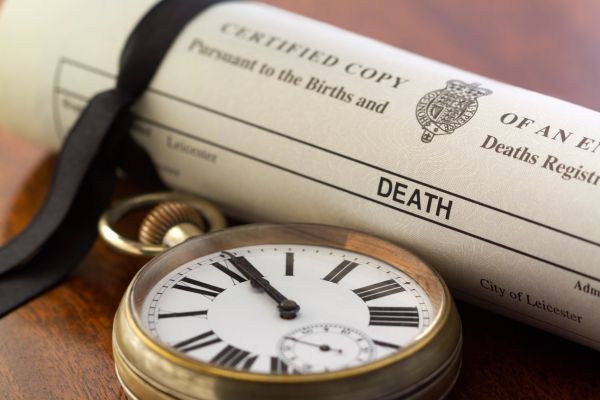When consumers purchase products, they expect those items to be safe, reliable, and free from defects that could cause harm. However, that’s not always the case. When a product fails, causing injury or damage, the legal concept of negligence in a products liability action comes into play. But what does this mean exactly, and how does it impact both consumers and manufacturers? Let’s dive deep into the mechanics of negligence in product liability and how it shapes legal outcomes in defective product cases.
What Is Negligence in a Products Liability Action?
Negligence, in general terms, refers to a failure to exercise reasonable care that results in harm to another party. In the context of product liability, negligence occurs when a manufacturer, distributor, or retailer fails to ensure the safety of a product, causing injury to the consumer. This form of liability places the burden on the plaintiff (the injured party) to prove that the defendant’s negligence directly caused the harm.
Elements of Negligence in Product Liability
To succeed in a products liability action based on negligence, the plaintiff must typically prove four essential elements:
- Duty of Care: The defendant had a duty to ensure the product was safe for use.
- Breach of Duty: The defendant breached this duty by failing to act as a reasonably prudent manufacturer or seller would.
- Causation: The breach of duty directly caused the plaintiff’s injuries.
- Damages: The plaintiff suffered actual harm or losses due to the defective product.
If all four elements are proven, the defendant can be held liable for negligence, and the injured party may receive compensation.
Common Scenarios of Negligence in Products Liability
Now, how does negligence in a products liability action manifest? There are several ways a manufacturer or seller can be negligent:
1. Design Defects
If a product is inherently dangerous due to a flaw in its design, this can lead to a negligence claim. For instance, if a car’s brakes are designed in such a way that they can fail under normal conditions, the manufacturer could be held liable for any resulting accidents.
2. Manufacturing Defects
Even if a product’s design is sound, mistakes during the production process can introduce hazards. Imagine buying a toaster, only to find that one batch was produced with faulty wiring that leads to electrical fires. In this case, the manufacturing defect is the basis for the negligence claim.
3. Failure to Warn
Negligence can also occur when manufacturers fail to provide adequate warnings or instructions regarding the safe use of their products. Think of a medication that doesn’t come with proper warnings about side effects—if a user suffers harm, the lack of warnings can be a significant factor in a products liability lawsuit.
Proving Negligence in a Products Liability Action
Establishing negligence in a products liability case requires more than just pointing out a defect. The plaintiff must provide evidence that clearly links the defendant’s actions—or lack thereof—to the injury.
1. Expert Testimony
Experts in the field of manufacturing, engineering, or product design often testify in these cases to explain how the defendant’s negligence led to the product defect. For example, in a case involving a faulty medical device, a biomedical engineer might testify that the manufacturer didn’t follow industry safety standards.
2. Documented Evidence
In some cases, internal documents such as memos, safety reports, or product tests can serve as critical evidence. These documents may reveal that a company knew about a defect but failed to take appropriate action, strengthening the negligence claim.
3. Chain of Distribution
Negligence can occur at various points along the product’s distribution chain. From the designer to the retailer, each party has a duty to ensure the product is safe. If a retailer sells an expired or recalled product, for instance, they too can be held liable under negligence.
Defenses Against Negligence in Product Liability
Manufacturers and sellers don’t always roll over when faced with a negligence claim. There are several defenses they may raise to avoid liability:
1. Assumption of Risk
The defendant might argue that the plaintiff knew about the defect or danger but chose to use the product anyway. For instance, if a consumer ignores recall notices and continues to use a defective car, the manufacturer may claim they’re not responsible for any resulting injuries.
2. Product Misuse
If the plaintiff used the product in a way that wasn’t intended or recommended, the defendant might argue that this misuse caused the injury—not any negligence on their part. Imagine someone using a kitchen appliance for a completely unrelated task and then getting hurt; the manufacturer might not be held liable in this scenario.
3. Comparative Fault
In some cases, the defendant may argue that the plaintiff’s own negligence contributed to their injury. If a plaintiff fails to follow safety instructions and gets injured as a result, the court may reduce any damages awarded to reflect their partial responsibility.
FAQs About Negligence in Products Liability
What’s the difference between strict liability and negligence in product liability?
Strict liability doesn’t require the plaintiff to prove negligence. Instead, they must only show that the product was defective and caused harm. Negligence, on the other hand, requires proof that the defendant didn’t exercise reasonable care in ensuring the product’s safety.
Can I file a negligence claim if I didn’t purchase the product?
Yes, you don’t need to be the purchaser to file a products liability claim. Anyone injured by a defective product can potentially bring a negligence action, whether they bought the product or not.
What kind of compensation can I receive in a negligence case?
Compensation in a negligence case can cover medical expenses, lost wages, pain and suffering, and sometimes punitive damages if the defendant’s conduct was particularly egregious.
How long do I have to file a negligence claim for product liability?
Each state has its own statute of limitations for filing product liability claims. It’s important to consult with an attorney to ensure you don’t miss the deadline for filing your case.
Conclusion: Why Negligence Matters in Product Liability
Understanding negligence in a products liability action is crucial for anyone involved in consumer safety, whether you’re a manufacturer, retailer, or consumer. By holding negligent parties accountable, product liability laws ensure that products remain safe and reliable for public use. If you ever find yourself injured by a defective product, understanding how negligence plays a role can empower you to seek the justice and compensation you deserve.
If you’re looking to discover the top websites across various niches, we’ve got you covered with comprehensive reviews and in-depth analyses. For sports enthusiasts, explore our comprehensive reviews of top sports websites to find platforms that deliver exceptional content and user experiences. If you’re interested in the overall quality and features of websites, check out our reviews on top websites’ features, content quality, and user experience.
Whether you’re into home improvement, planning a wedding, or just curious about health and wellness, dive into our home improvement website reviews, wedding niche reviews, or health and wellness website reviews. We also provide an in-depth look at leading law websites here, and for those navigating the world of loans, our ultimate guide to loan websites will keep you informed.
For insurance, travel, and business enthusiasts, don’t miss our reviews of insurance websites, travel platforms, and business websites.
Additionally, we’ve explored the fashion world through our fashion niche website reviews, the automotive scene in our automotive website guide, and the baby and animal niches with reviews on the best baby websites and top animal websites.
For tech lovers, we’ve also got an analysis of the best technology websites. No matter your interest, our curated reviews will guide you to the most valuable websites in every niche.



